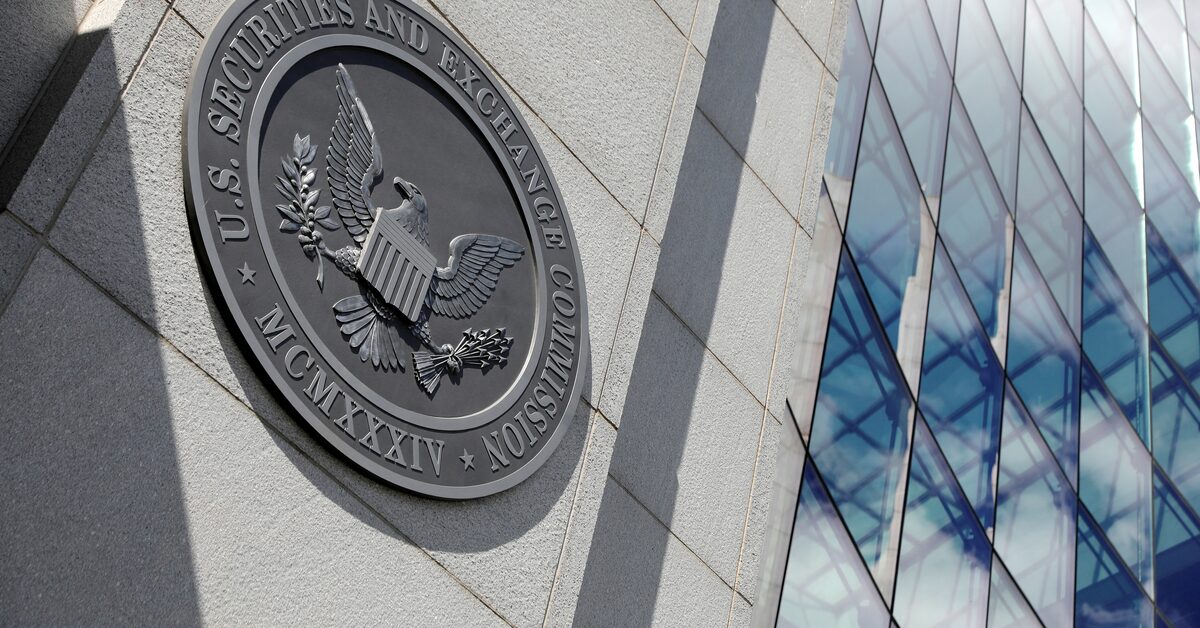The U.S. Supreme Court today agreed to hear Jarkesy v. SEC, a case that challenges the constitutionality of administrative courts staffed with agency employees. In Jarkesy, the 5th U.S. Circuit Court of Appeals held that the Securities and Exchange Commission’s use of in-house agency judges to impose fines and penalties violates the Seventh Amendment. The Institute for Justice (IJ) is currently pursuing similar challenges to Department of Labor (DOL) in-house agency courts on behalf of small business owners in New Jersey and Maryland.
“The Constitution guarantees the right to trial by jury, not trial by bureaucrat,” said IJ Senior Attorney Rob Johnson. “But, too often, federal agencies impose fines and penalties in agency courts, where agency employees serve as prosecutor, judge, and jury. That should frighten all Americans, but it is particularly frightening for small businesses, who, with limited resources, are forced to defend themselves for years in agency courts against potentially crushing fines. Now, with the Supreme Court poised to consider these issues, small businesses ensnared in agency courts can hope for relief.”
In 2021, IJ sued the DOL on behalf of Sun Valley Farms, a family-owned farm in New Jersey. In that case, a DOL agency judge imposed over half a million dollars in fines and penalties, most of it based on a simple paperwork mistake, eventually leading the family to sell what had been one of the largest family-owned farms in New Jersey. Earlier this year, IJ launched a similar lawsuit on behalf of C.S. Lawn & Landscape, Inc., a Maryland small business challenging $55,000 in liability imposed by a DOL agency judge. The cases are currently pending in the U.S. District Court for the District of New Jersey and the U.S. District Court for the District of Columbia.
Under Article III of the U.S. Constitution, Sun Valley, C.S. Lawn, and George Jarkesy should have been entitled to make their defenses in real federal courts. But they all got agency “courts” instead.
“Agency courts arose in the 1970s, and their use to impose fines and take people’s property expanded rapidly, but the Supreme Court has never really addressed whether all that should instead happen in a real court,” said IJ Attorney Bob Belden. “Agency judges constitutionally can do things like process claims for social security benefits, but if a federal agency wants to fine you tens of thousands of dollars, it should have to prove its case in a real court with a real judge and a jury.”

Supreme Court to Hear Challenge to Administrative Courts - Institute for Justice
WASHINGTON—The U.S. Supreme Court today agreed to hear Jarkesy v. SEC, a case that challenges the constitutionality of administrative courts staffed with agency employees. In […]
IJ is a national treasure.


